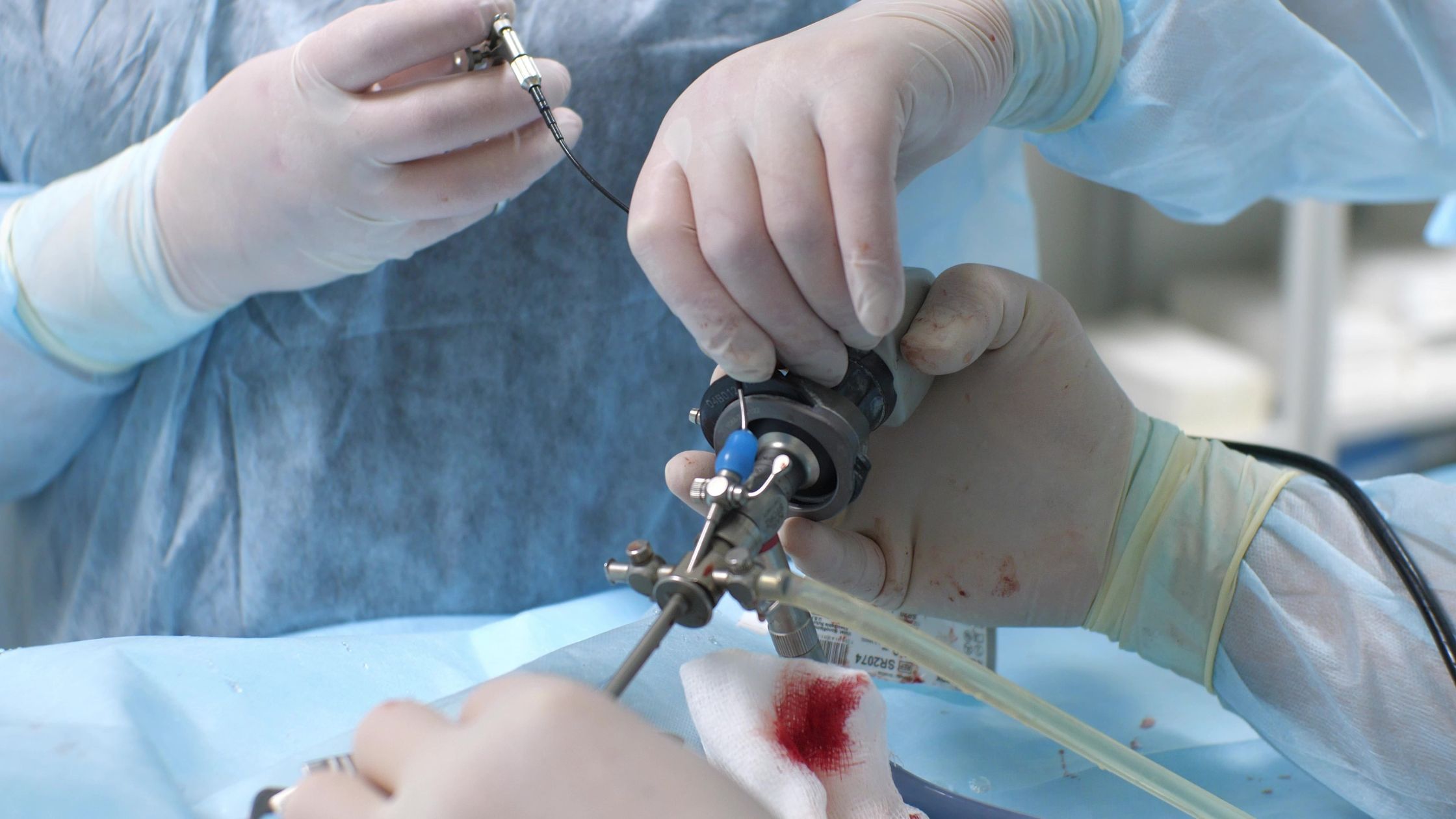
Operation Theatre Technologists (OT techs), also known as surgical technologists, play a vital role in the operating room. Here's a breakdown of some common myths surrounding this important profession:
Myth #1: OT techs are just nurses.
Busted: While both work in healthcare settings, OT techs have a distinct role. Nurses focus on patient care before, during, and after surgery, while OT techs specialize in surgical procedures. They anticipate the surgeon's needs, prepare the operating room, sterilize instruments, and assist the surgeon during the operation.
Myth #2: You only need a high school diploma to be an OT tech.
Busted: Becoming a certified OT tech requires education and training. Programs typically involve an associate's degree or a certificate program, along with clinical rotations.
Myth #3: The job is all about blood and gore.
Busted: While surgery can involve blood, aseptic technique and surgical drapes minimize exposure. The focus for OT techs is on sterile technique, precision, and anticipating the surgeon's needs.
Myth #4: It's a high-stress job with no work-life balance.
Busted: Yes, surgery can be demanding, but stress management techniques and teamwork are crucial. Work schedules can vary, but many OT techs enjoy regular hours and don't take their work home.
Myth #5: There's no room for career advancement for OT techs.
Busted: OT techs can specialize in different surgical areas like orthopedics, cardiology, or neurology. They can pursue additional certifications, become educators, or even move into management roles.
The Reality: OT techs are highly skilled healthcare professionals
They play a critical role in ensuring successful surgical outcomes. The profession offers a good salary, job security, and the chance to make a real difference in patients' lives.